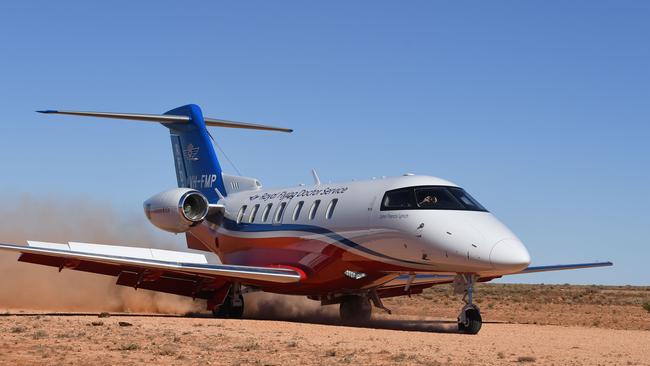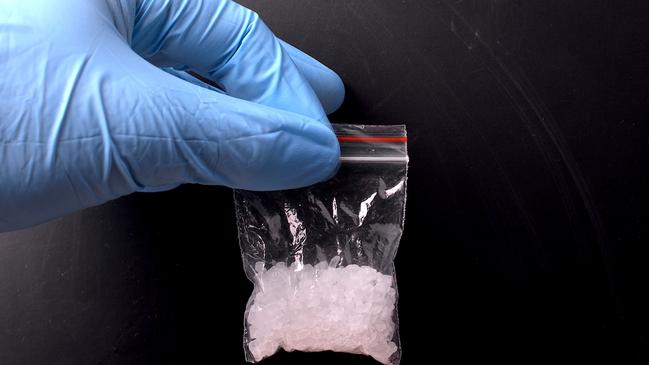Ice and speed users now a third of clients to Royal Flying Doctor Service drug and alcohol team
The drug crisis in rural NSW is now so bad, it accounts for a third of Royal Flying Doctor Service visits, with experts slamming the absence of on-the-ground services for addicts in remote areas.
The drug crisis in rural NSW is now so bad it accounts for a third of Royal Flying Doctor Service visits to people needing help for addiction or mental health problems.
The iconic aeromedical service’s NSW branch has slammed the absence of on-the-ground health and counselling services for ice addicts in remote communities, in a submission to the Special Commission of Inquiry into the Drug Ice which met in Broken Hill this week.

“The lack of practical resources in these locations is embarrassing,” the submission said.
“There are limited or no detoxification or rehabilitation services available.”
Flying out on weekly trips, mainly leaving from Broken Hill, the service’s Alcohol and Other Drugs team land in Trangie, Cobar, Ivanhoe, Nungan, Warran, Dubbo, Bourke and Gilgandra to counsel users and treat those sick from their addiction.
Of the 234 “client episodes” referred to the team in 2018-19, 32 per cent were suffering the effects of methamphetamine, known more widely as ice, or amphetamine.
Alcohol (36 per cent) and cannabis (20 per cent) were the other problem drugs.
In it’s submission the flying doctors said the price of ice had increased in rural NSW — now costing $50 for 0.5g — and the drug appeared to be getting more toxic.
“As the cost of the substance is increasing the quality of the product is decreasing and clinicians within these locations are hearing increasing reports of ‘bad batches’ and ‘bad reactions’ to ice in clients,” it said.

Waiting for a Royal Flying Doctor plane to visit the town on a weekly run can be difficult for some addicts and established clinics are hours away.
“Many clients are required to be up to six hours away from family and endure at least a 6-12 week wait to access (other) services … many relapse before they can be admitted,” the submission said.
“The relapse rate is high, the person becomes more at risk of relapse as time elapses as their desperation at their new situation becomes too much to bear.”
The Flying Doctors general manager of health services development Jenny Beach said addicts routinely showed up when the Flying Doctors landed.
“Our people are coming back. The first, second and third visit many not make a lot of progress but they’re coming back,” Ms Beach said.
“Eventually we can assist them towards a better place.”


